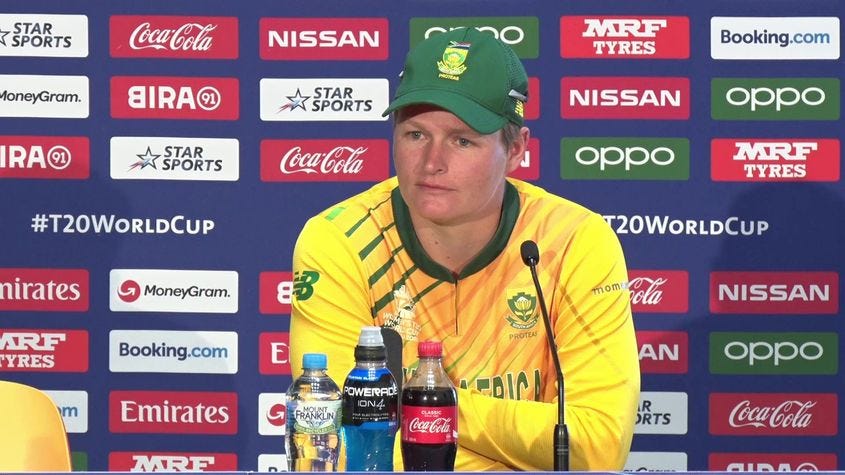Why Lee and Dottin’s Retirements are concerning
Even in the face of financial disparities, South Africa and the West Indies' loss of generational talents was avoidable
Deandra Dottin’s shock retirement from the senior West Indies team comes on the heels of Lizelle Lee’s decision to step away from the international scene to focus on franchise and domestic cricket.
While Dottin’s statement on her social media channels did not go into too much detail, Lee spoke to Alison Mitchell in a tell-all on the BBC Stumped Podcast.
What exactly happened with Lee?
Lee was initially asked to do both a skinfold test and a weight test in Johannesburg ahead of South Africa departing for the Commonwealth Games. She was at her parents’ place in Ermelo at the time and given the cost of fuel on what would have been a seven-hour trip back-and-forth, she asked if she could do the test closer to home.
This request was granted. She weighed herself at home and was booked to do her skinfold test at a nearby clinic. She tested her weight at home and relayed the number to the team trainer who told her that she was within the permissible threshold.
The issue arises when she got to the biokineticist’s clinic in Ermelo. She asked Lee to do another weigh-in, to which Lee refused. Lee said that she’d done an approved weigh-in at home, receiving the all-clear. As she was on the margins of passing her weight test, any small fluctuation would lead to her being dropped for the England tour.
Fluctuations in weight, as Lee rightfully points out, can happen for female athletes due to periods, changes in hormones, and other anatomical factors that are unique to female athletes.
Nonetheless, she passed her skin fold test and was cleared to tour by Cricket South Africa (CSA).

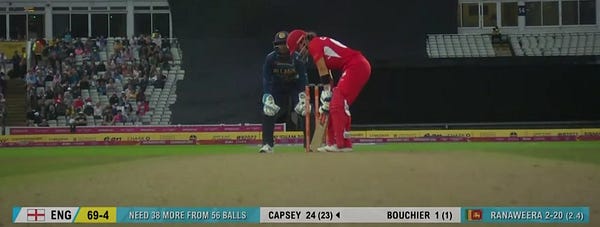
Upon arriving in England, she was asked to do another weigh-in and skinfold test. She passed the skinfold test yet again, but her weight was noticeably higher than what it was in South Africa.
The team manager then called her into a meeting during which someone else from CSA was also present. They told her that because she did not do a weight test with the biokineticist in South Africa and because there was a discrepancy between her weight back then and her second weigh-in on tour, she’d been dropped from the squad.
The worst was yet to come. Lee was informed that she’d have to travel back to South Africa with her family, and she’d be responsible for the cost of airfare to South Africa and back to England for The Hundred. According to Lee, flying back was both prohibitively expensive and physically taxing for her newborn baby who had just completed an eleven-hour journey to make it to England.
To make matters much worse, Lee claims that CSA had also revoked her No Objection Certificate (NOC) for The Hundred along with the NOC for the WBBL until she was able to pass her weight and fitness test.
Lee says, and rightfully so, that she had no option but to retire. Losing her salary from The Hundred and/or the Big Bash would have been a massive blow to her and her young family.
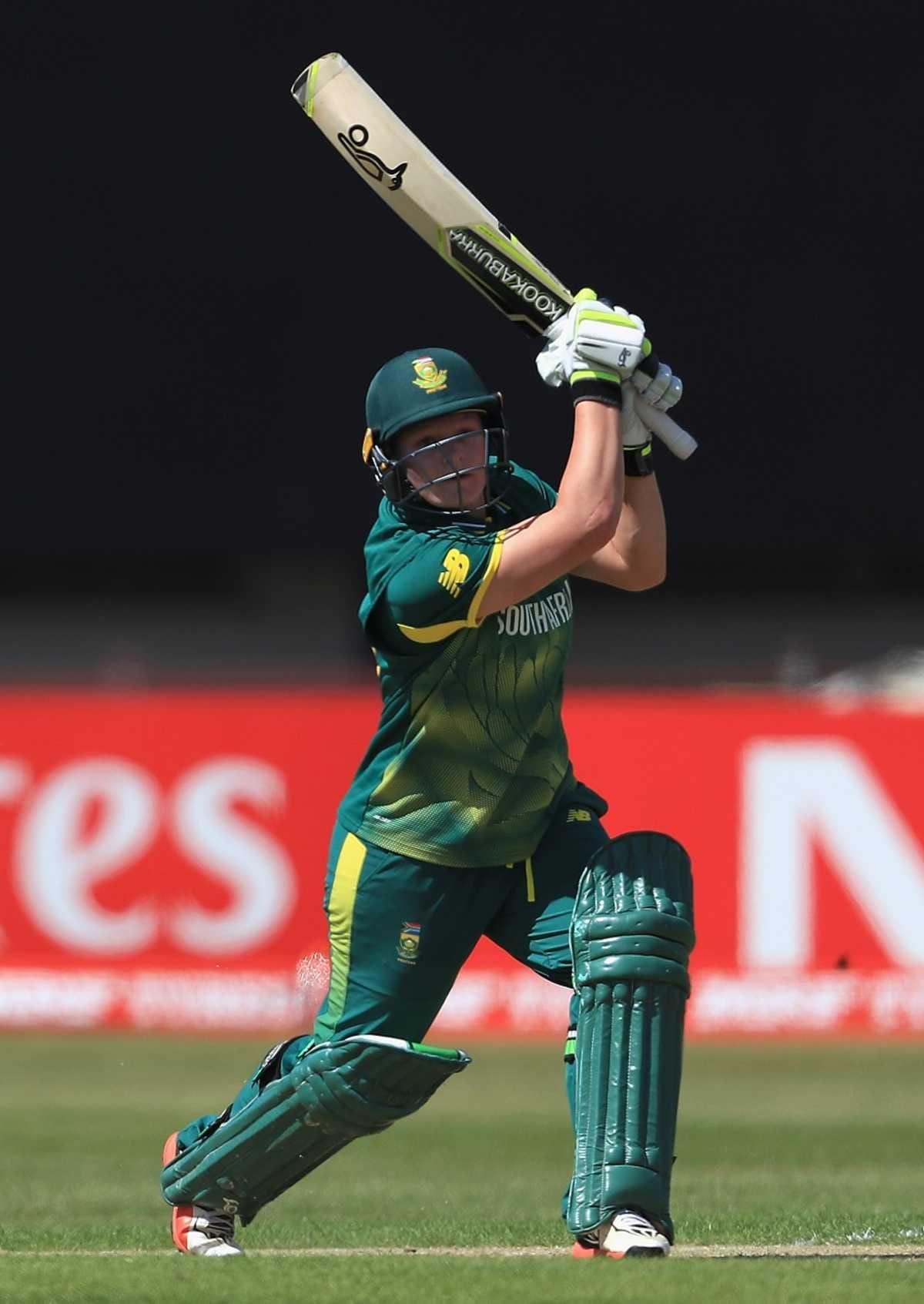
Callous mismanagement
CSA’s mismanagement of a stalwart of the game is both mind-boggling and heartbreaking. When Lee started playing for South Africa, retainers were not as high as they are now. Yet, she chose to play for her country ahead of her ambitions to become a teacher. Her sacrifices aren’t consistent with the image of someone who was described as a disruptive influence by a source within CSA.
‘Before [retainers] there was no money, there were no contracts,’ she told Mitchell.
‘So after my studies, there was nothing. How was I supposed to survive not getting a salary and wanting to play cricket? So I took out loans and did what I had to do to survive.’
CSA, as Lee admits, had the contractual right to revoke her NOCs for franchise tournaments in the case of her failing a fitness test. Firstly, it doesn’t seem fair to hold a historically underpaid player’s financial security at ransom.

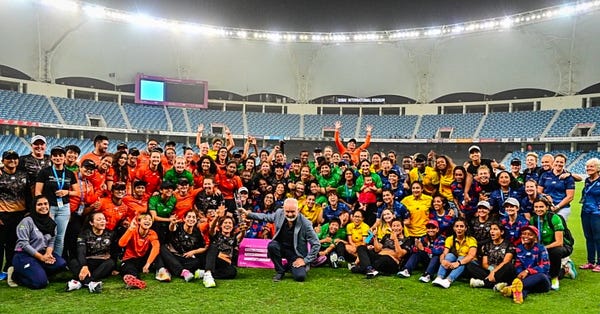
Secondly, Lee passed the running element of the test.
‘If you don’t make the running, they don’t see you as fit enough to play which is probably fine,’ she said.
‘I made the fitness physically, I did the running that I had to do. I told them, “You’re dropping me because of the way I look and how much I weigh”, and they said, “No, it’s because you failed the fitness battery”.
‘I said “Yes, Okay, but if you break the fitness battery down, what did I not make? I made the running, but I didn’t make my weight, so you’re dropping me because of weight”.
It’s hard to argue with Lee’s logic here. Why should it matter what she looks like if she can run as fast as she needs to? Why should it matter how much she weighs? Even after all of this, why was CSA unaware that she did not get weighed by the biokineticist in South Africa? Why did they let her board the flight?
The most heartbreaking aspect of the podcast was when Lee said that she’d often been brought to tears because of her struggles with weight and how she looked. When she was dropped because of her weight in Ireland, she asked the team doctor. ‘What do you want me to do? Put my finger in my mouth before testing?’
She also revealed that she has skipped meals before. ‘Not eating comes to mind. I’ve tried that,’ she said.
Needless to say, if a sporting body is running the game in a way that increases the likelihood of its female athletes developing eating disorders, it needs to take a good, hard look at itself.

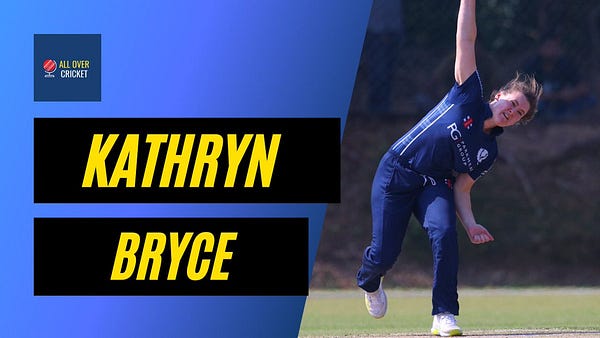
Do better or lose your best
As time goes on, we could see more top players from financially weaker nations develop into T20 globetrotters. In addition to the gap in wages between athletes in smaller nations and those in England and Australia, what compounds the issue is that the people who run the women’s game don’t administer it in a way that tailors specifically to female athletes.
Ten years ago, if a player was unhappy, their only option would be to put up with things or stop playing high-level cricket altogether. Now, however, they have more options and hence more leverage.
Against the backdrop of financial disparities, if financially weaker boards want to retain their best talent, they have to be proactive in addressing the grievances and concerns of female athletes.
Coming back to Dottin, she recently played for the Thunder in the Rachel Heyhoe Flint Trophy, which preceded the Commonwealth Games, and she is reportedly looking for a WBBL deal. In addition to T20 leagues, you might see more and more players deciding to play domestic cricket in countries like England and Australia.
I’d be lying if I sat here and told you that financial disparities weren’t driving this. It’s definitely happening and cricket boards can do little to control this.
But for the sake of retaining their best talent — and in some cases, for the sake of basic human decency — they need to implement systemic changes that stop their best players from turning their back on international cricket. This is an even more pressing need given the financial gulf between the Big 3 and the rest.
Subscribe to All Over Cricket for more content throughout the Commonwealth Games and beyond!
You can also follow us on Twitter, where we will be live-tweeting throughout the tournament!



